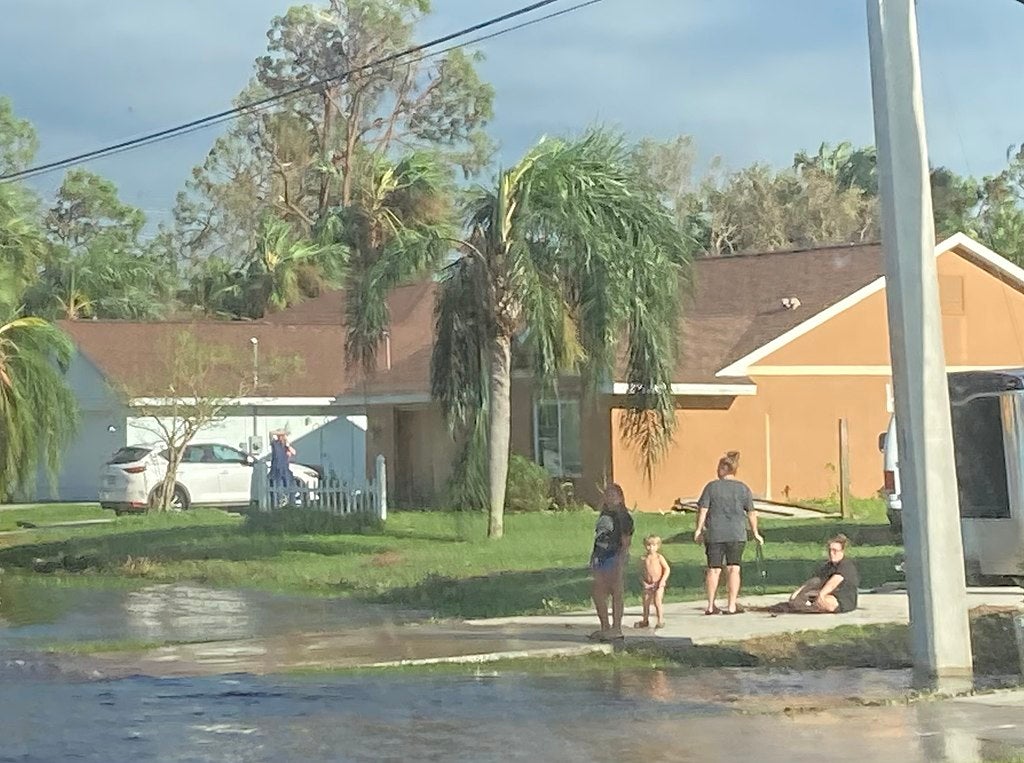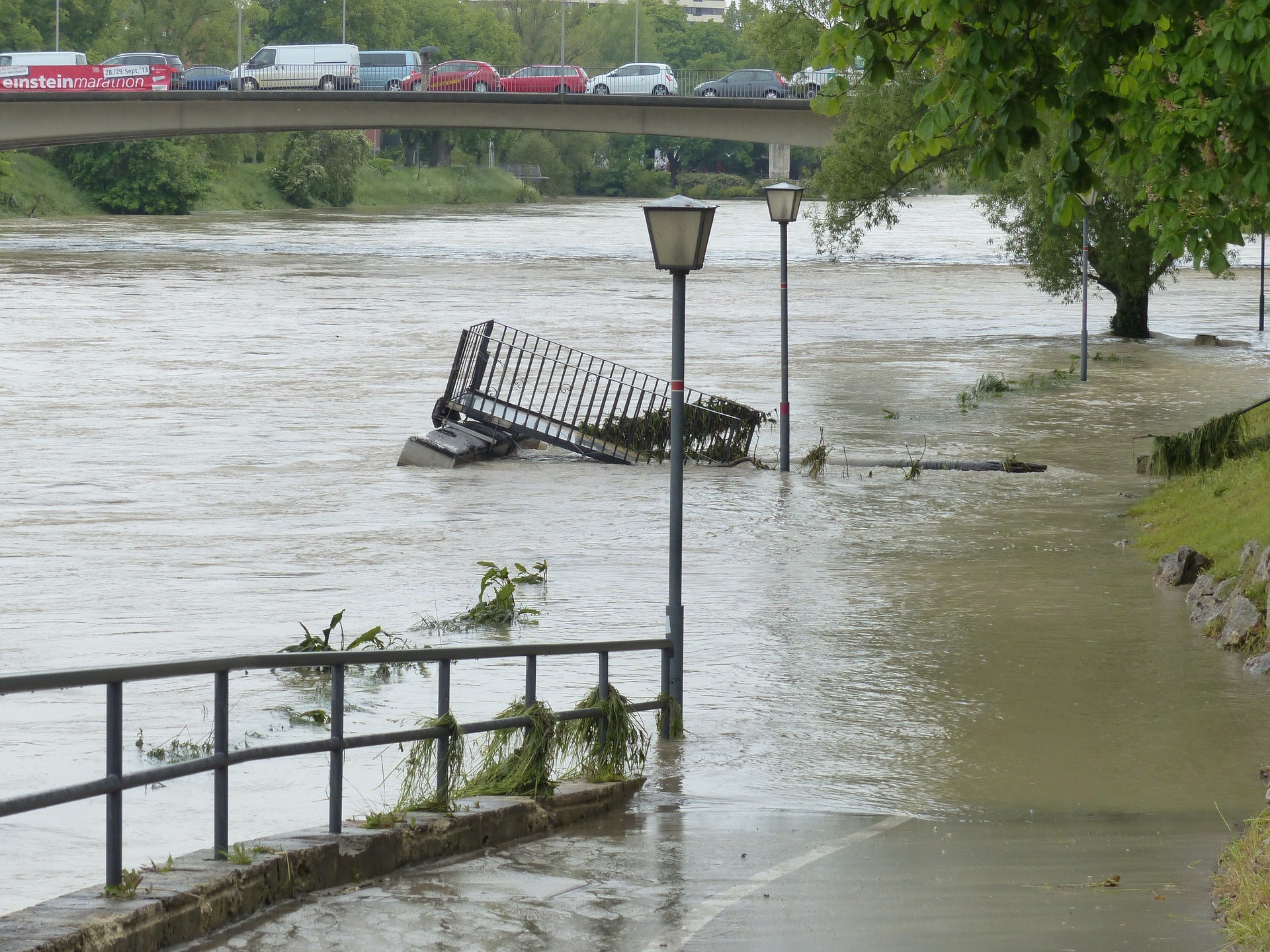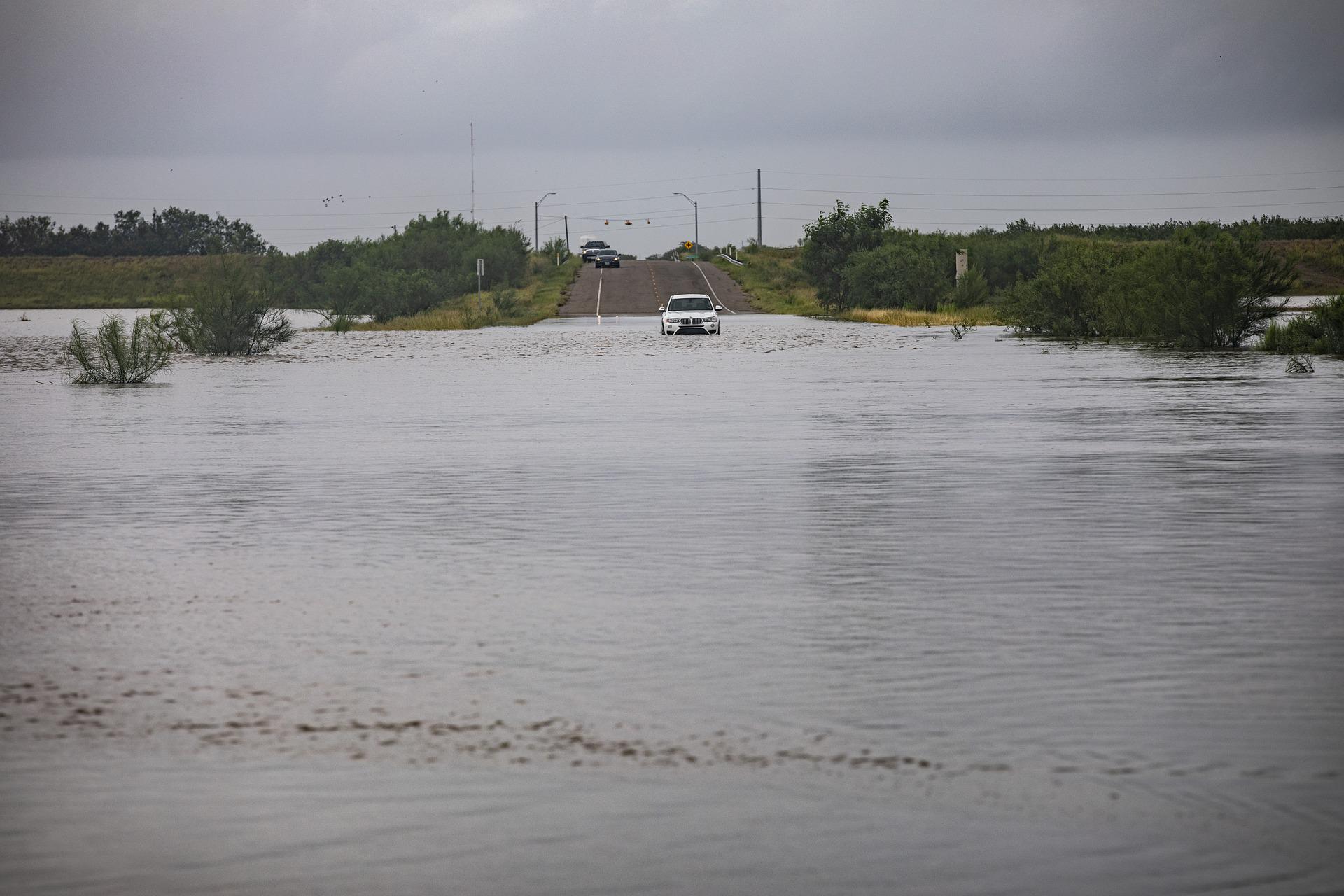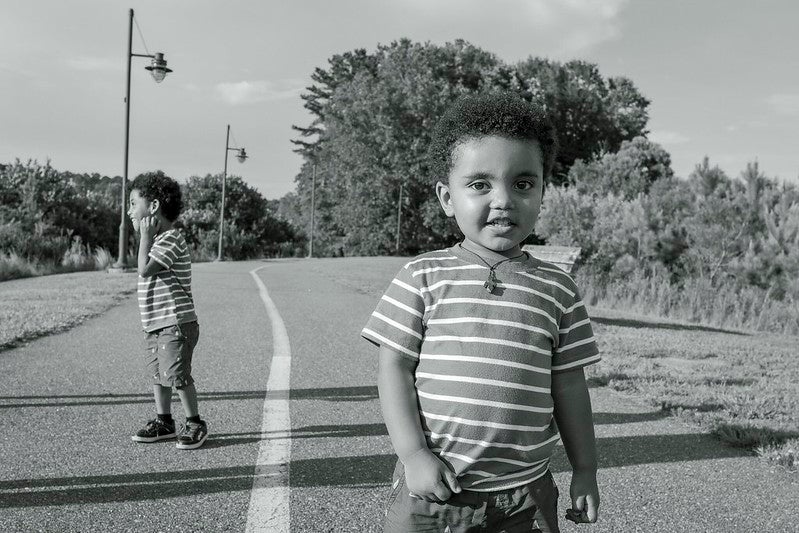Read now
The climate crisis poses risks to the health and well-being of every child, and children already burdened by structural racism and poverty are at greater risk of worse health outcomes.
Conversations about climate change and child health are not part of standard pediatric practice, but by incorporating climate change into the flow of primary care visits, pediatricians can identify children at risk of harmful exposures, enhance wellness promotion, and prepare children and their families to protect their health in the climate crisis.
This article by our Director Dr. Aaron Bernstein and colleagues in Elsevier Pediatrics provides a practical approach for connecting climate change with health and can be used as a tool for pediatricians to provide climate-informed primary care during the pediatric well child and other visits.
Key Takeaways
Triage and Screening: Environmental Determinants of Health: Global climate change is a major determinant of child health, especially for vulnerable children. Pediatricians can screen for climate risks, just as we screen for social determinants of health.
Health Promotion: In illustrating for patients that daily healthy choices also are climate solutions, pediatricians promote powerful individual practices to mitigate climate change.
Considerations for Specific Pediatric Populations: Pediatricians can better care for the children they serve when they understand how climate change influences the presentation, severity, and management of many common childhood conditions, such as asthma and allergies, and how climate change may put certain children at higher risk, such as athletes and children who require prescription medications.
Anticipatory Guidance: The climate crisis lends new vigor to anticipatory guidance topics that are already mainstays of pediatrics. Because the effects of the climate crisis vary by region and personal and neighborhood-level factors, pediatricians are positioned to listen to patient and family concerns and tailor guidance to the local context and individual patient.
Climate Action in Practice Management: The U.S. healthcare sector contributes roughly 10% of U.S. greenhouse gas emissions. By striving for more sustainable practice operations, pediatricians can mitigate climate change and improve health today and for future generations.
The leading role of pediatricians in climate action: Pediatricians have outsized influence on how children, families and communities understand climate change and the urgent need to combat it. By updating daily practice with the evidence base on child health and climate change, pediatricians can support the health of their patients now and improve the health of the planet and its future generations.
Authors
- Aaron Bernstein, MD, MPH, Center for Climate, Health and the Global Environment, Harvard T.H. Chan School of Public Health,
- Rebecca Pass Philipsborn, MD, MPA, Emory University
- Julia Cowenhoven, MD, Harvard Medical School and Boston University
- Aparna Bole, MD, Case Western Reserve University School of Medicine
- Sophie J Balk, MD, Albert Einstein College of Medicine



















